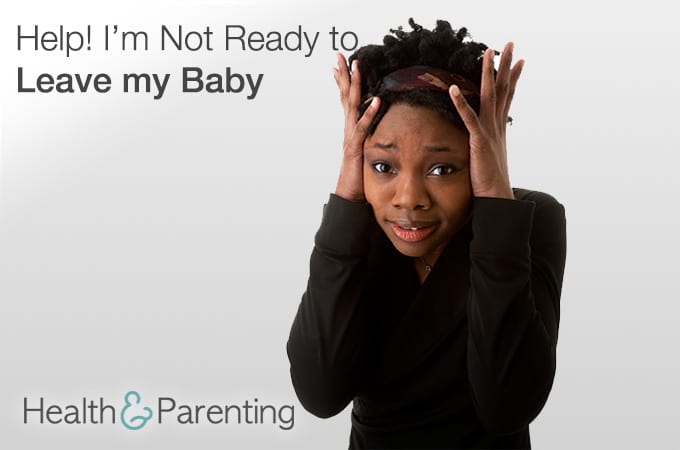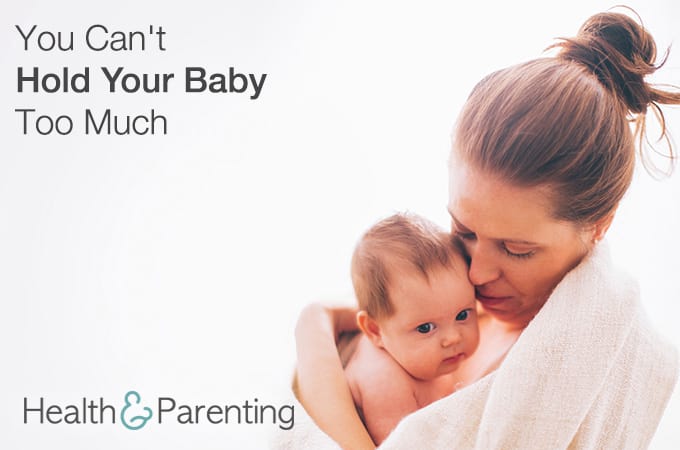There is a lot of pressure on women to get on with things after the birth. You’re expected to continue having it all, even in the midst of the hormonal aftermath that is those first few postpartum weeks. Many women feel pressure to leave their baby when they aren’t quite ready.
Why the pressure exists
Quite simply, a lot of that pressure exists for selfish reasons. Grandparents may be encouraging you to have a night out so that they can enjoy an evening of babysitting. Friends may be trying to convince you to go for cocktails because they miss your company. Of course, neither of these things are crimes, but they’re also unlikely to be top of your agenda right now.
Should I leave my baby?
There is no right or wrong time to leave your baby with a sitter. Some moms are comfortable to do this early on and for others, it can take much longer until they’re ready to be parted from the baby. You should do what is right for you. This is your decision to make and nobody else’s. Nobody else can tell you how you should feel or how you should act. Being a mom is life-changing and if that means you skip a few cocktail nights, then so be it.
How can I say no?
You hate to say no, don’t you? It sounds so selfish and unhelpful, but it’s something you need to get used to saying. You’re a mama now and that means your priorities have shifted. You have less time to worry about what other people think right now and that can only be a good thing.
It might not be easy to turn down babysitting offers from keen bean grandparents, but you don’t have to accept if you’re not ready to take that step yet. You can politely explain that you’re not ready to leave your baby yet, but let them know that you’ll be calling on them for babysitting duty when you are ready in the future.
For friends who are feeling left out, all you need to do is be honest. Tell them you’re not ready yet. Your baby is still so little and you just can’t leave her just yet, but one day you will. And in the meantime, how about a cocktail night at your house instead? Or perhaps a lunchtime catch up next weekend? Be flexible and make sure your friends know that you still value them, but that you’re just not quite ready to leave your baby just yet.
When will I be ready to leave my baby?
Don’t worry, you’re not going to be following your kid to uni, unable to cut that cord. It’s very common for mothers to want to stay close to their young babies. There’s nothing wrong with it, this is simply the first stage of motherhood. As your baby grows, you will find yourself feeling more able to spend time apart. There’s no need to rush it, just wait until you feel ready. Your baby will only be this little once.
Written by Fiona (@Fiona_Peacock), mother, writer and lover of all things baby related.
This information is not intended to replace the advice of a trained medical doctor. Health & Parenting Ltd disclaims any liability for the decisions you make based on this information, which is provided to you on a general information basis only and not as a substitute for personalized medical advice. All contents copyright © Health & Parenting Ltd 2016. All rights reserved.











